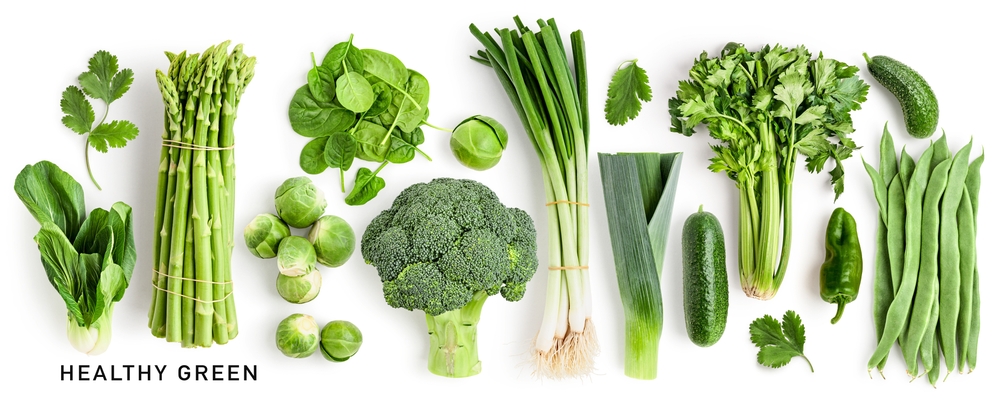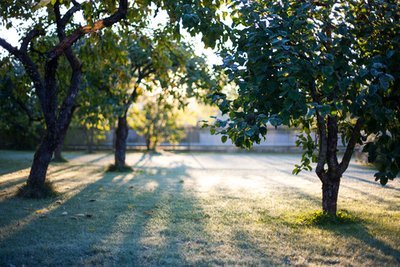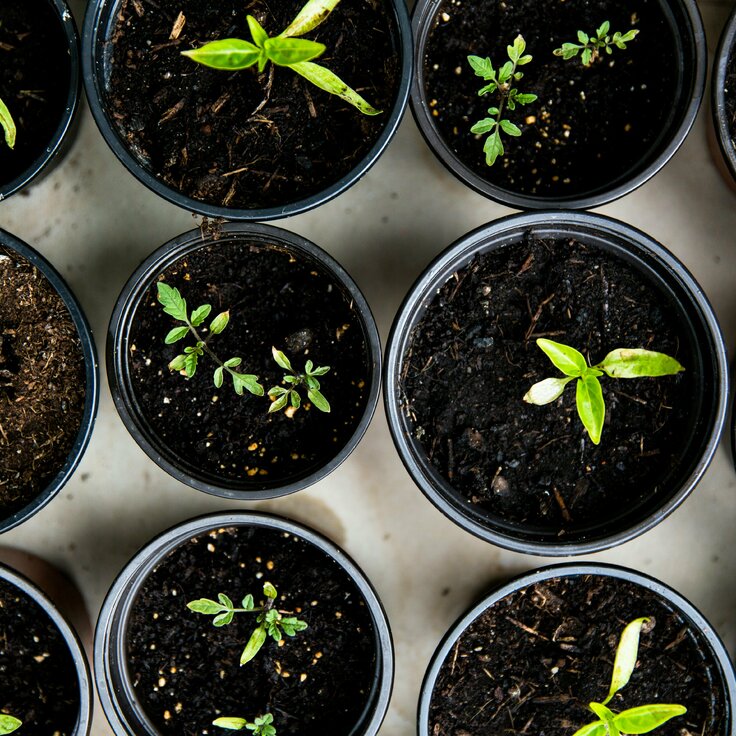Growing Winter Vegetables in Your Garden: A Personal Guide
Even as the cold settles in, your garden doesn’t have to go dormant. There are plenty of hardy vegetables that can thrive through the winter months, giving you fresh produce right when you need it most. In this guide, I’ll take you through some of the best winter vegetables to grow, share tips to keep them healthy, and explore the benefits of having a productive garden all year round. Let’s get started!
Why Bother with a Winter Garden?
Growing winter vegetables brings a range of benefits – from having fresh, home-grown produce year-round to saving on grocery costs and adding nutrient-rich foods to your diet. Plus, many winter vegetables are loaded with vitamins and minerals that can help keep your immune system strong through the colder months.

Top Winter Vegetables to Grow
Here’s a look at some of the best vegetables to grow in your winter garden and how to care for them. Even if you’re new to gardening, these choices are hardy, easy to grow, and perfect for this season.
1. Kale
Kale is a true winter staple and actually benefits from a touch of frost, which makes it taste milder and a bit sweeter. You can start planting kale in late summer for a winter harvest. Just pick the outer leaves as it grows to keep the plant producing throughout the season.
2. Brussels Sprouts
These little cabbages thrive in cold weather and develop a better flavour after they’ve had a touch of frost. Brussels sprouts need a longer growing season, so it’s best to plant them early for a winter crop. They’re packed with vitamins and add a delicious, hearty flavour to winter meals.
3. Parsnips
Like kale, parsnips develop a wonderful sweetness after the first frost. They’re a great alternative to potatoes and add a lovely, earthy flavour to winter stews and roasts. Plant parsnip seeds in spring, then leave the roots in the ground until winter for harvesting.
4. Leeks
Leeks are one of the best choices for winter gardens as they can withstand freezing temperatures. They’ll keep well in the soil, letting you harvest them as needed through the winter months. Plant leeks in the summer for a steady winter supply – they’re perfect for warming soups and stews.
5. Red Cabbage
Adding red cabbage to your winter garden not only brings a lovely pop of colour but also offers versatility in the kitchen. Plant in late summer for a winter crop, and if temperatures are particularly low, you can protect it with a layer of fleece. Red cabbage is great raw in salads or cooked in stews, bringing a vibrant, fresh flavour.
Tips for a Successful Winter Garden
- Prepare the Soil: Winter vegetables need nutrient-rich soil to thrive. Give your garden a boost by adding compost or manure to the soil before planting.
- Protect from Frost: Even winter-hardy vegetables might need a bit of extra help if the temperature dips too low. A layer of mulch or a fleece cover can make a big difference.
- Watering Carefully: Although plants need less water in the winter, it’s still essential to keep the soil slightly moist. Over-watering can lead to rot, so keep an eye on the moisture levels.
- Weed Regularly: Weeds may grow more slowly in winter, but they can still compete with your veggies for nutrients. Regularly check your garden beds to keep weeds under control.
Why You’ll Love a Winter Garden
Growing your own winter vegetables isn’t just a practical choice – it’s a brilliant way to enjoy fresh, nutritious food that hasn’t been shipped from afar. There’s something incredibly satisfying about picking your own kale or leeks, knowing exactly where they’ve come from. Plus, a winter garden is better for the environment, helps you reduce waste, and ensures a fresher, tastier meal on your table.
Setting up a winter garden is a rewarding way to keep your garden productive throughout the colder months. Vegetables like kale, Brussels sprouts, parsnips, leeks, and red cabbage are easy to grow and offer a constant supply of fresh produce. By taking the time to prepare your soil, protect your plants, and monitor their water needs, you’ll be well on your way to a successful winter harvest. So, why not give it a try? You’ll love the taste and satisfaction of growing your own food year-round!








